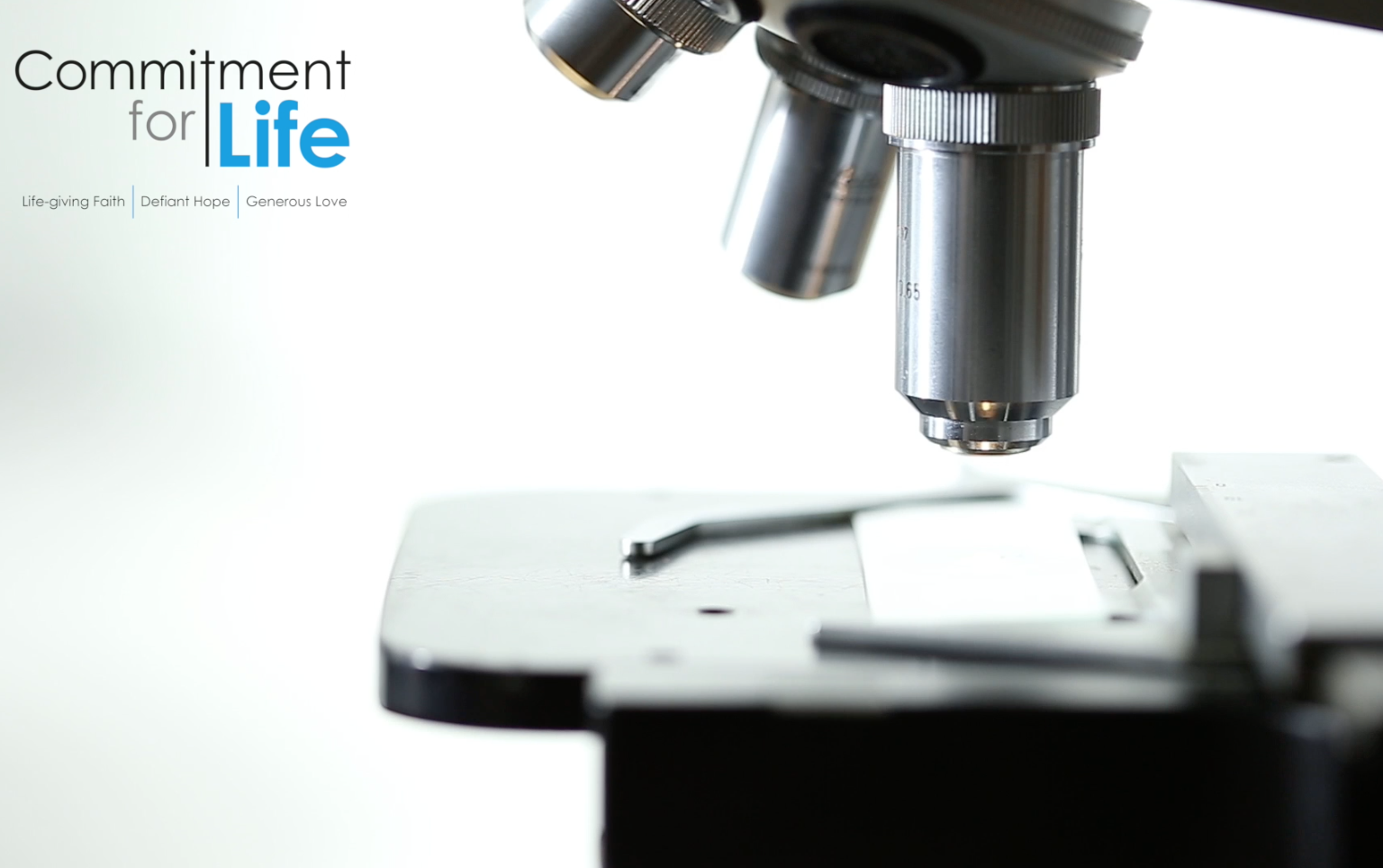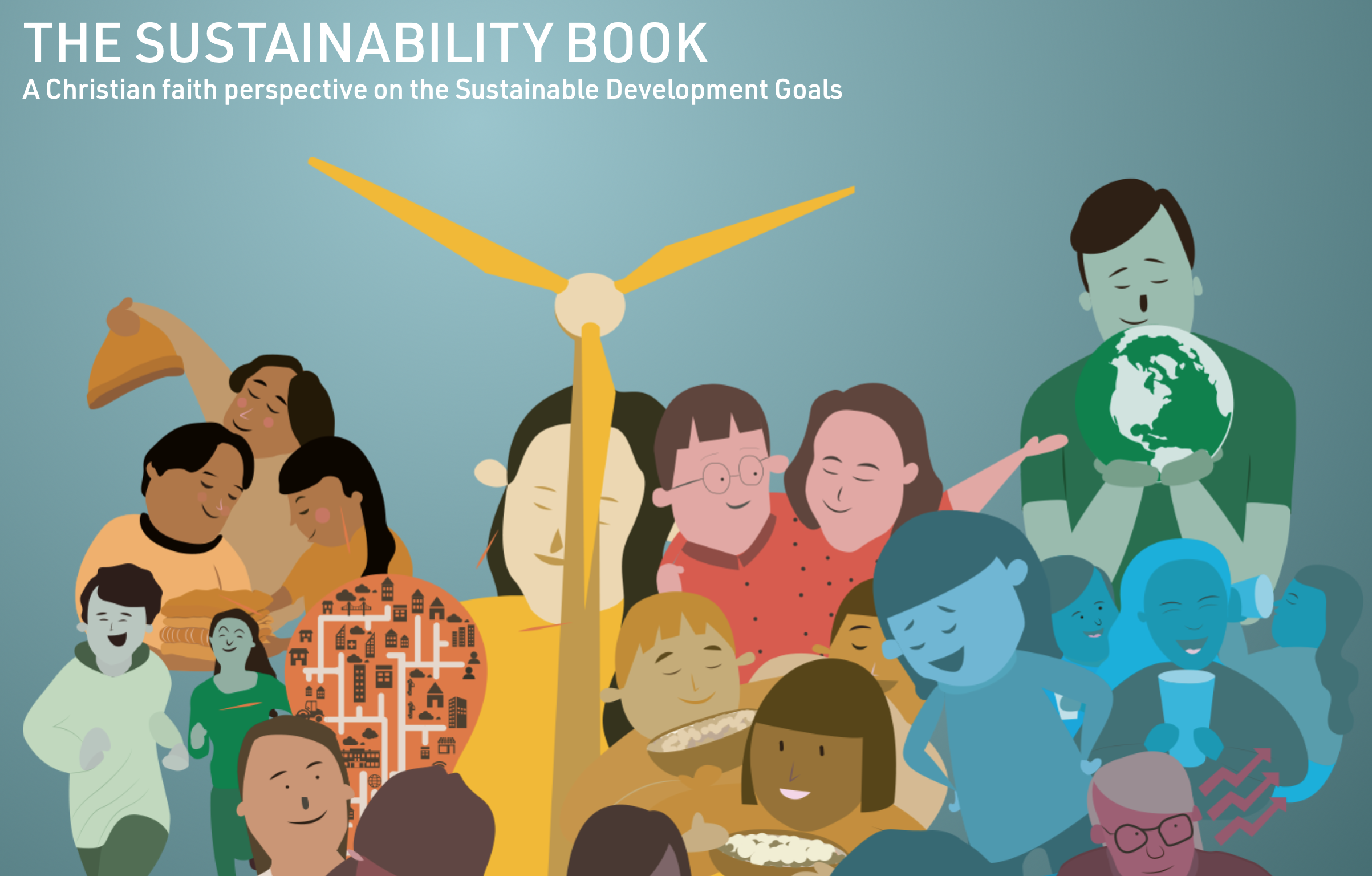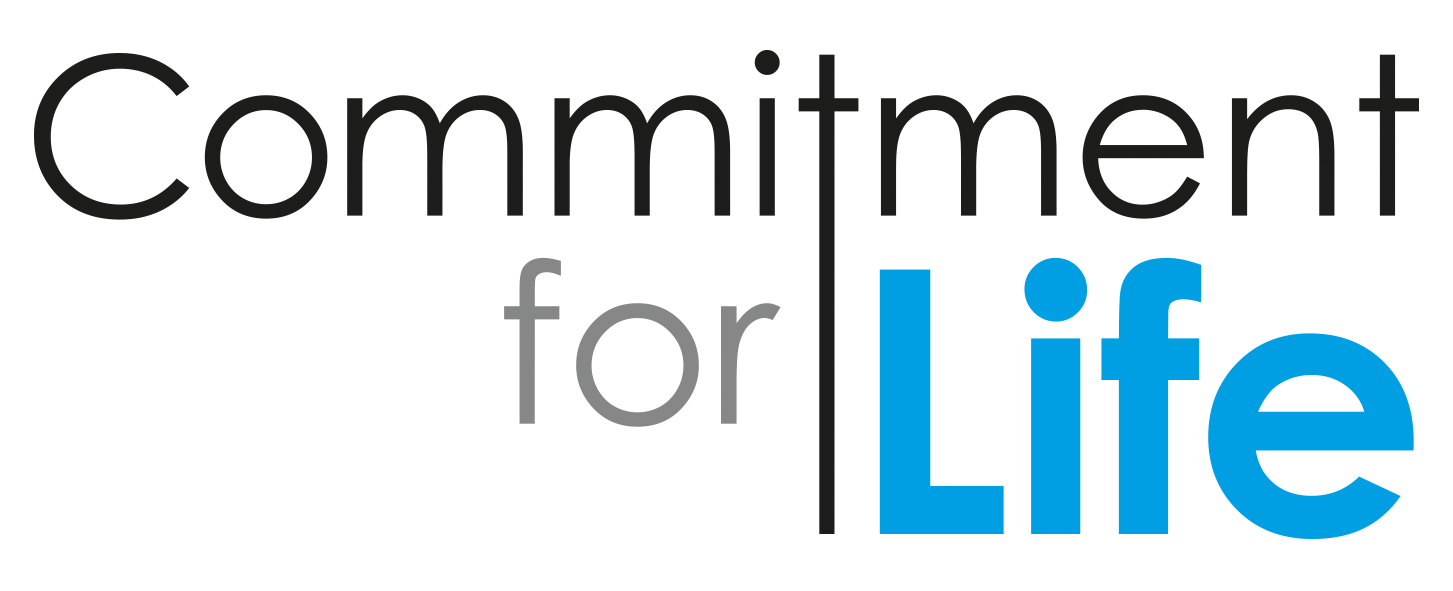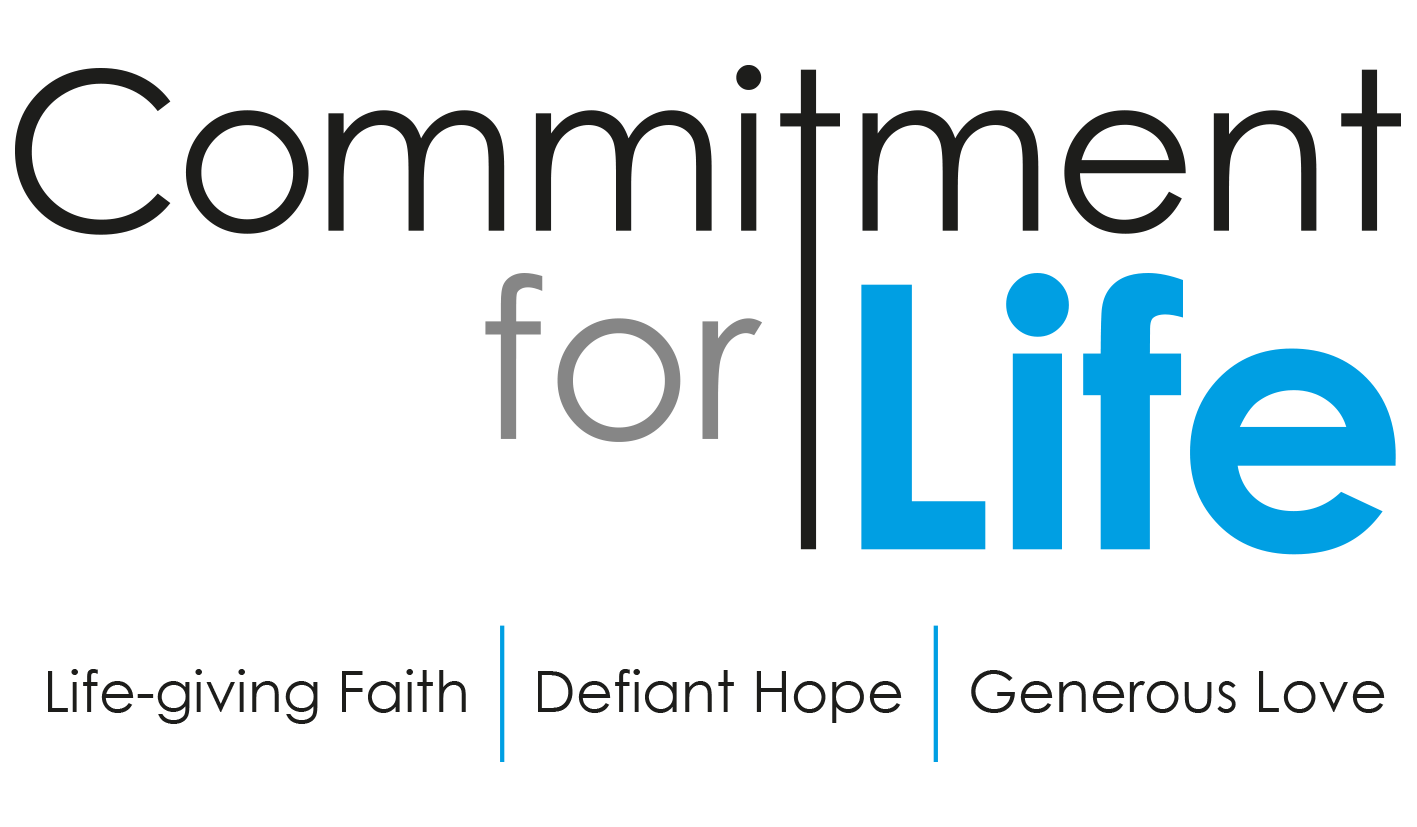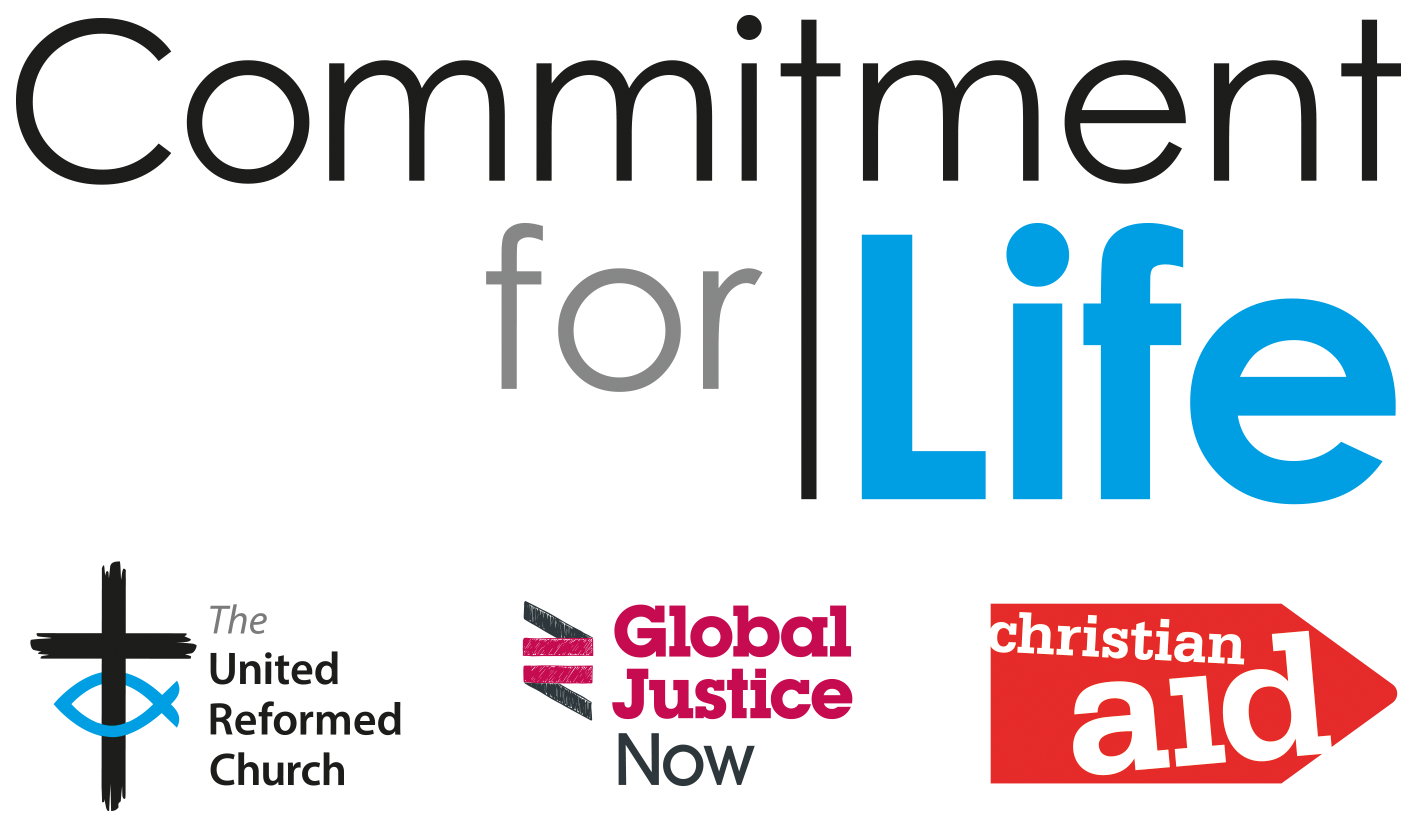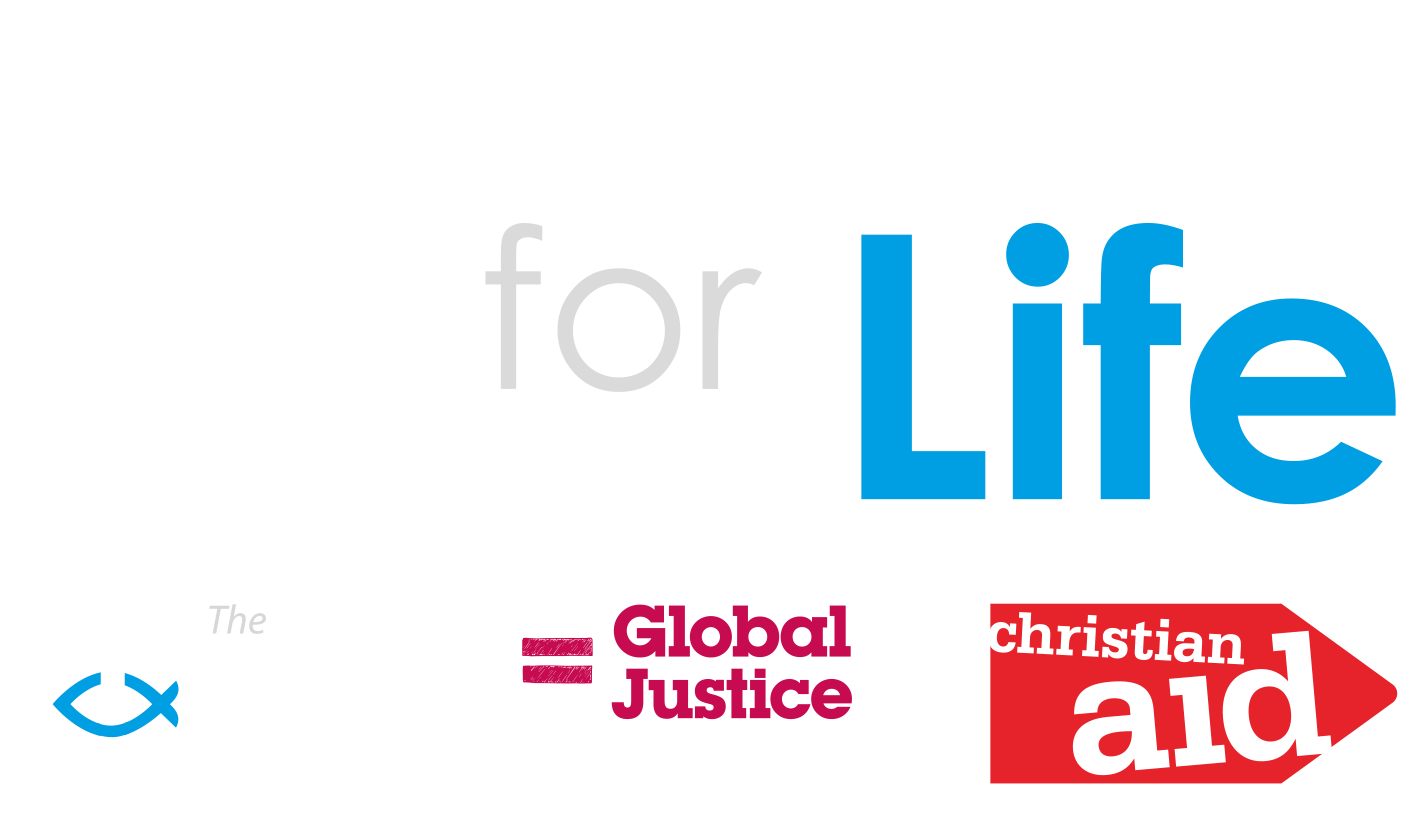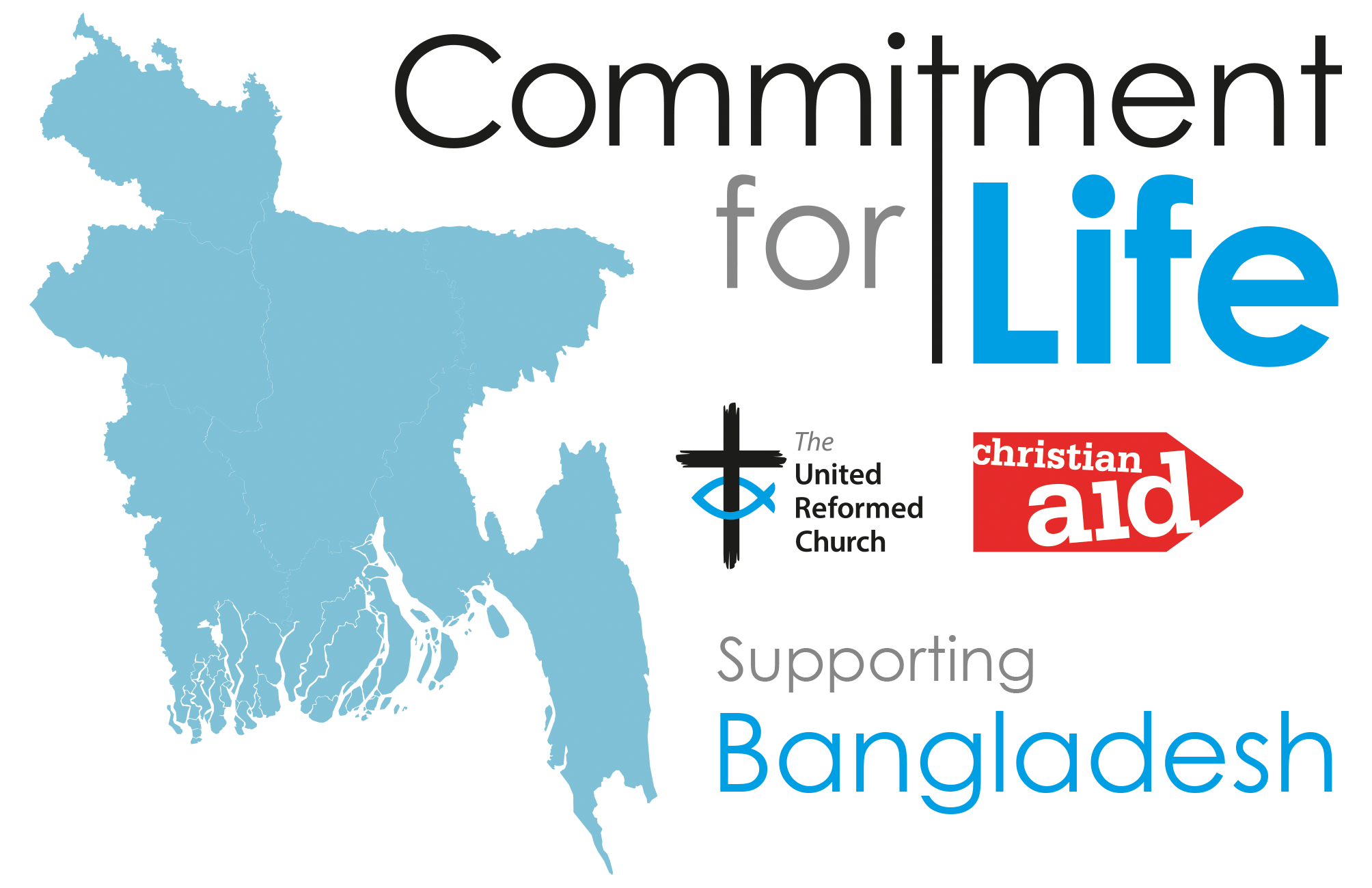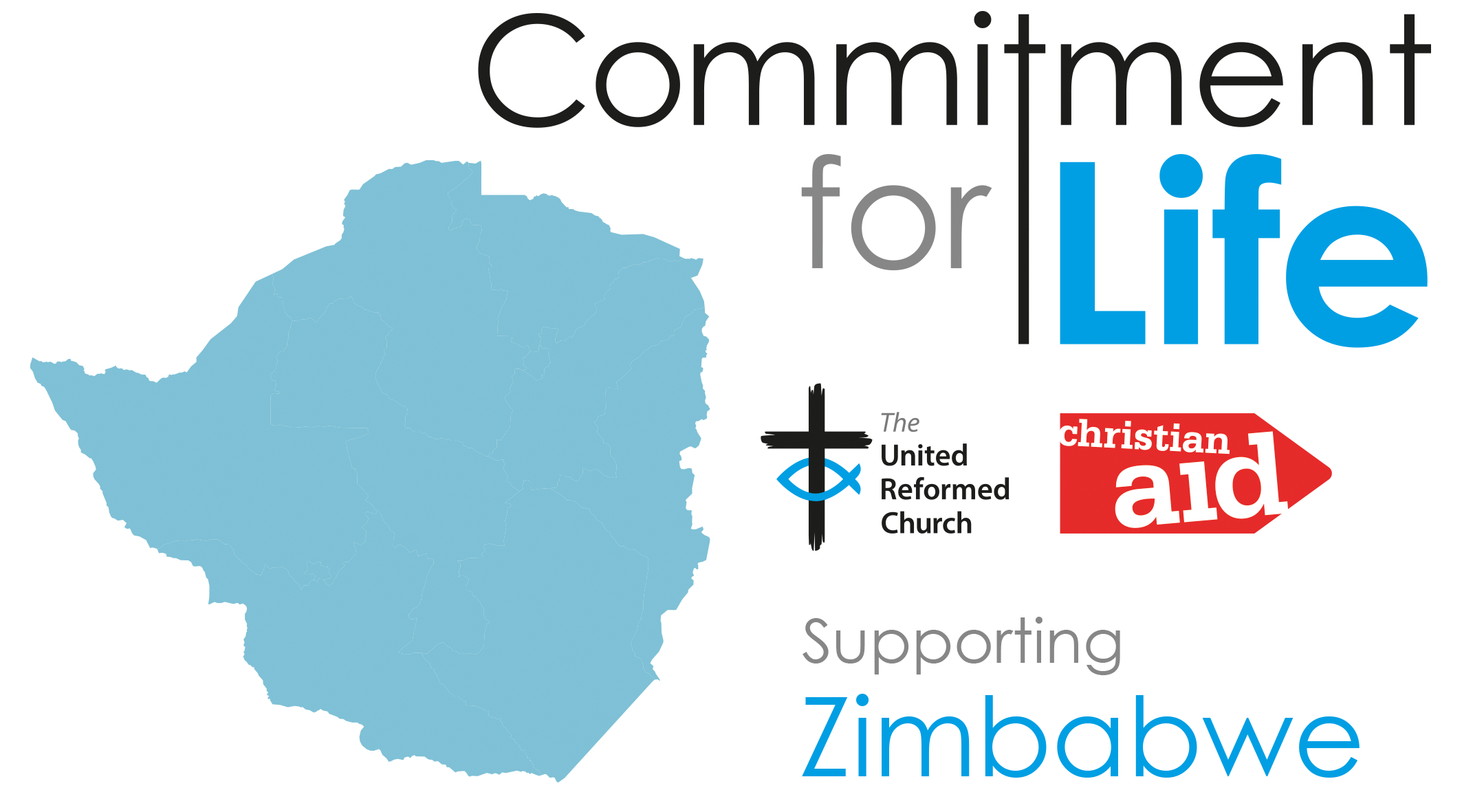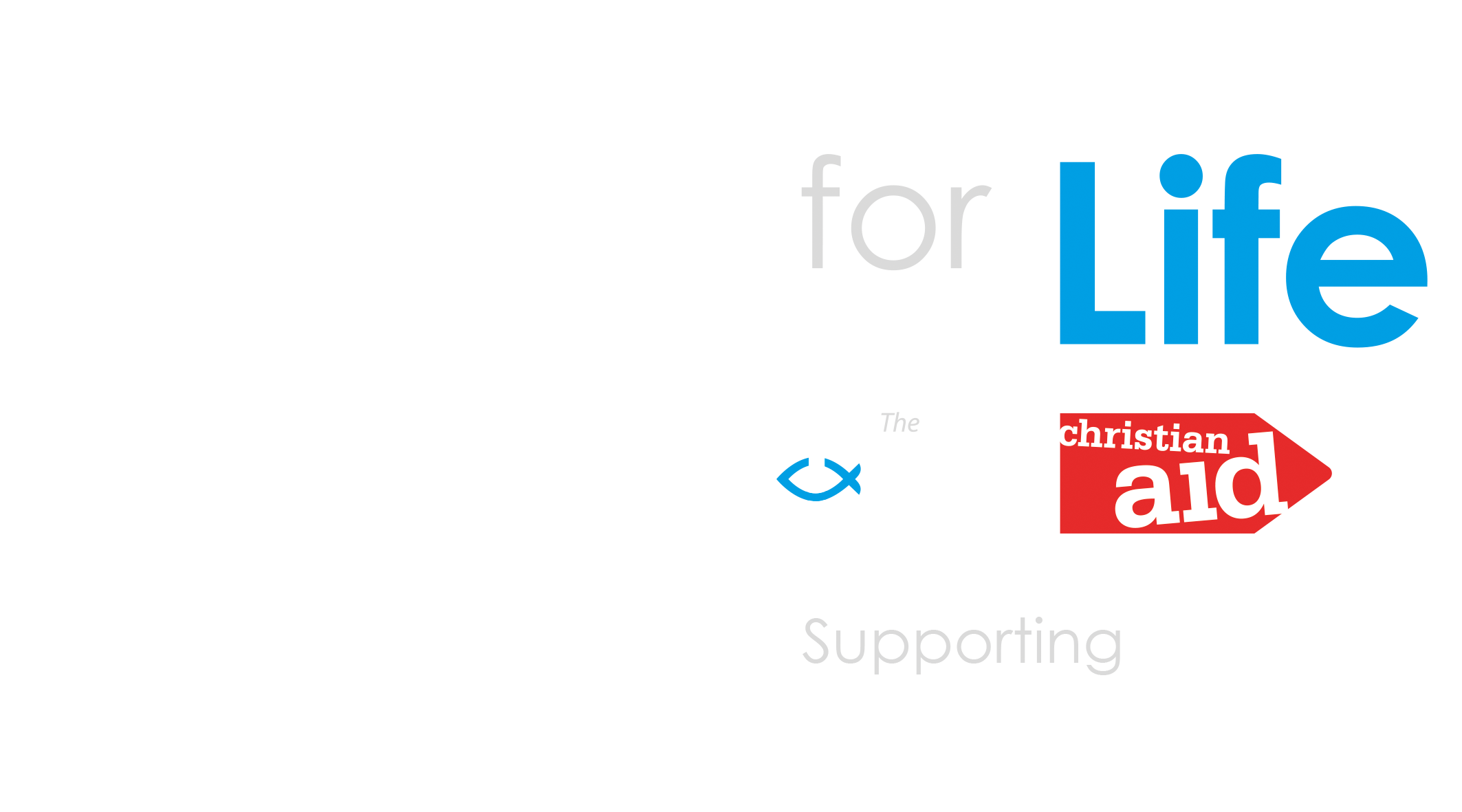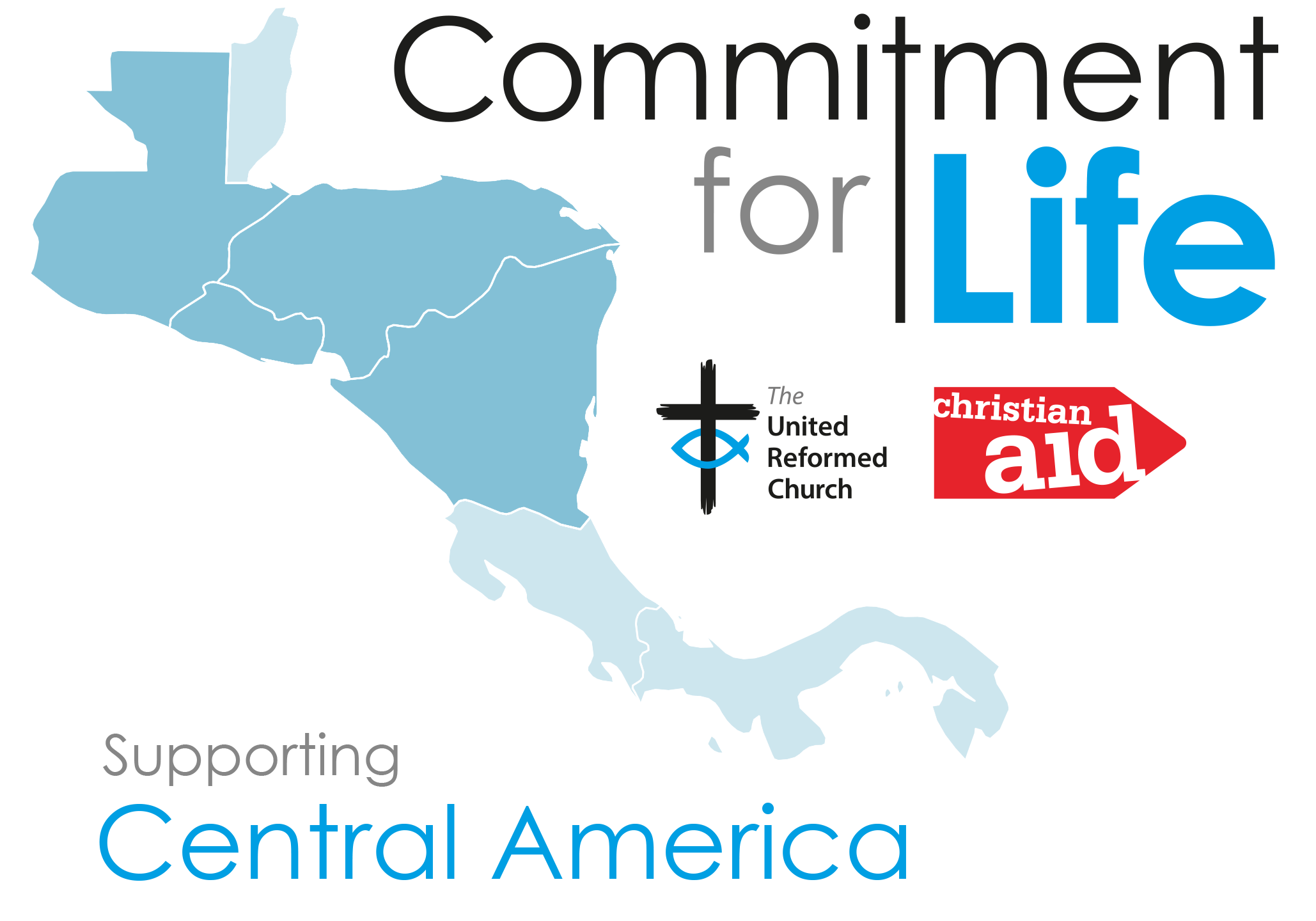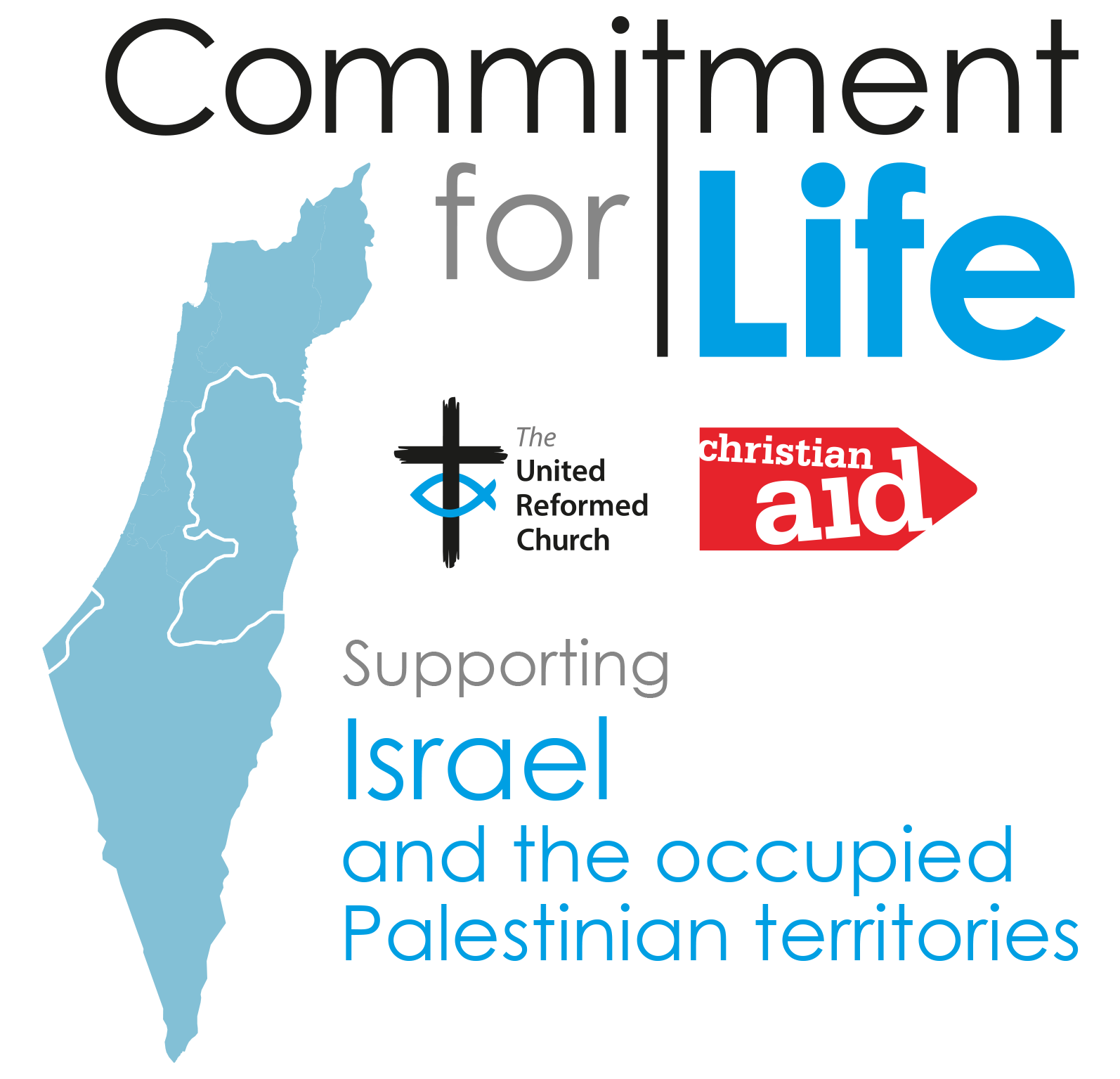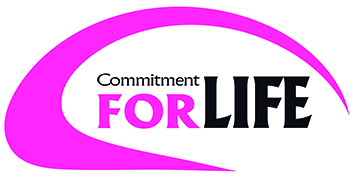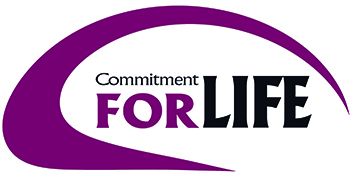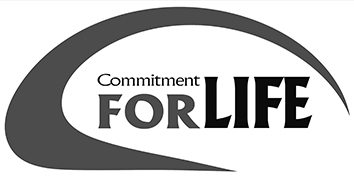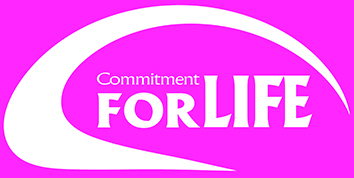Fairtrade Fortnight 2021 (22 February to 7 March)
If you are hosting a Fairtrade Fortnight Service of worship, here is a video link to help you do this for your online Zoom service
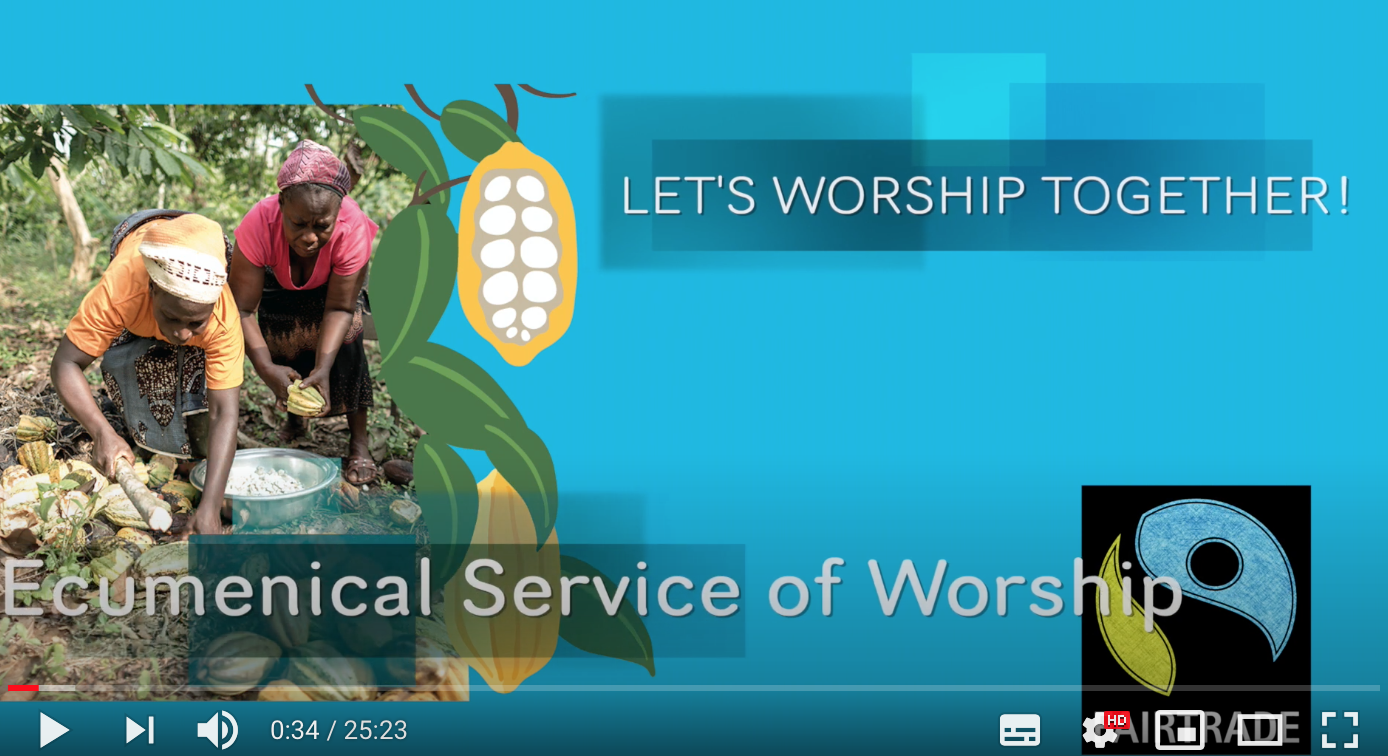
For more Fairtrade worship resources, go to this Fairtrade Fortnight link
Why Buy Fairtrade Coffee?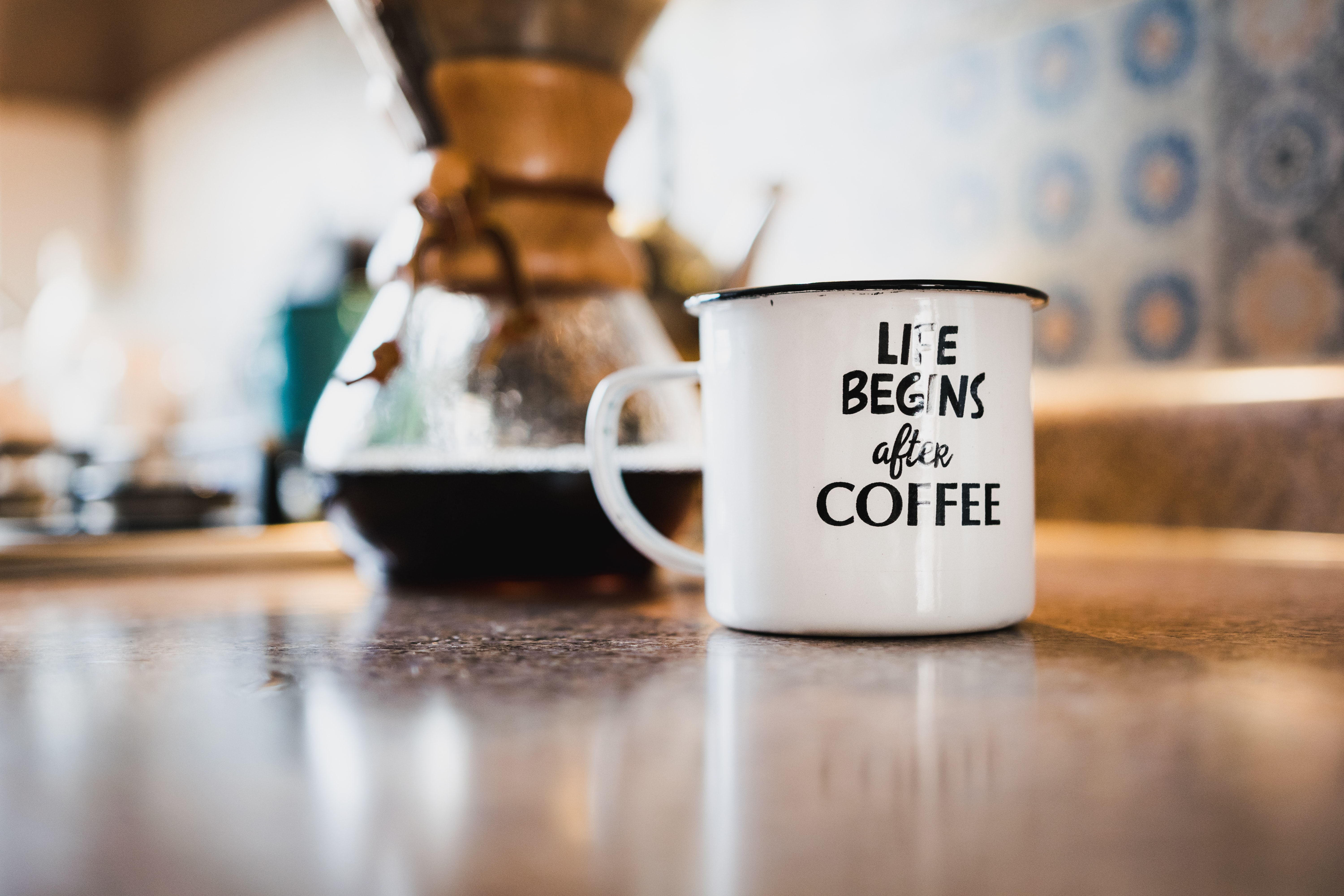
Fairtrade coffee farmers invest at least 25 percent of their Fairtrade Premium in improving productivity and quality (pic. courtesy of Bruno Emmanuelle over at Unsplash).
Choose Fairtrade coffee and you’re also supporting farmers to fight the challenges they may face. These include the effects of a changing climate, low and unpredictable incomes and in some coffee growing communities, there may not be enough food available for three to four months a year.
Being part of Fairtrade has meant better knowledge about protecting the local environment and the chance to plant other crops and buy livestock to put more food on the table. You can read more over at Fairtrade
You can meet Edith in this video. Edith is a fairtrade Farmer in the Ivory Coast
Wessex Synod November 2017
Wessex Synod passsed a resolution at their November Synod encouraging churches to explore becoming a Fairtrade Church. Could your Synod do this in support of Fairtrade?
Proposed by Christine McMillan on behalf of Church & Society Group.
As a Fairtrade Synod, Wessex Synod:
- commends the URC General Secretary, the Revd John Proctor's statement in response to Sainsbury's decision to drop the Fairtrade Mark from its own-brand tea.
- challenges churches that display a Fairtrade certificate to visit the Fairtrade Foundation website, study the 3 goals and decide whether they are still entitled to say that they are a Fairtrade church.
- encourages churches who have not declared themselves as Fairtrade to visit the Fairtrade Foundation website; view the (less than 2 min) 'Don't Feed Exploitation' film and explore becoming a Fairtrade church.
Don't feed exploitation:
The home delivery they never expected:
Write to the Chief Executive of Sainsburys
Why you should write:
Sainsbury's aim to replace Fairtrade certification on their own-brand Red and Gold Label, Green and Rooibos teas with their own self-assessed 'Fairly Traded' brand. While these products will be marked 'Fairly Traded', it is important to know that they will not be independently certified against transparent independent third-party standards as is the case with any product carrying the FAIRTRADE Mark. Worryingly, Sainsbury's have also suggested that this approach may be extended across other categories including bananas, cocoa and coffee, after an initial pilot with tea.
Please write a personal letter to:
Mike Coupe, Chief Executive Officer
Sainsbury’s Supermarkets Ltd
33 Holborn
London EC1N 2HT
or email: mike.coupe@sainsburys.co.uk
For suggested points to make in the letter see the Joint Public Issues page
Fairtrade Foundation's frequently asked questions on the issueFairtrade Foundation's frequently asked questions on the issue .
Church of Scotland statements
Fairtrade: An integral part of church mission 
What does the Lord require of you?
To act justly and to love mercy and to walk humbly with your God’ (Micah 6:8)
Justice is a central tenet of Christian faith. Standing up for the poor and vulnerable is exactly what Jesus did during his ministry. Putting ourselves out for our neighbour and helping them to provide for themselves is at the heart of Christian mission.
Fairtrade does all these!
- Fair and just prices to enable farmers and workers in the world’s poorest countries to feed their families and pay for schooling and healthcare.
- Unique Fairtrade social premium to benefit the wider community through clean water, education, transport and more.
- Environmental protection to care for God’s earth, farm sustainably and reduce the impacts of climate change.
- Health and safety and business training to give opportunities to people to reach their potential.
- No child labour.
- Campaigning to change global trade to be fair to all farmers.
Fairtrade is a brilliant anti-poverty tool that treats people with dignity and brings justice and hope to those trapped by an unfair trading system. So why has Fairtrade fallen from the church’s radar recently? Common responses are ‘Isn’t it everywhere?’ and ‘Aren’t there more pressing issues for us to address?’
Actually, only a tiny percentage of goods from developing countries are sold on Fairtrade terms. In fact, some tea plantations that have worked so hard to achieve Fairtrade status currently sell less than 5% of their tea as Fairtrade – the rest they have to sell for whatever they can get, often not even covering the costs of production. Climate change is a vital issue and Fairtrade is actively involved in those areas that are most affected – through training and adaptation. Migration and war are often caused by extreme poverty, and Fairtrade helps mitigate this making communities more resilient.
These are serious issues, but Fairtrade can be fun too. Who doesn’t love chocolate and bananas? Simply by buying fair we are proclaiming a belief in a just and inclusive world, where everyone is loved and valued and deserves a fair chance.
So what are you waiting for? Become a Fairtrade Church
How to become a Fairtrade Church – the three goals
To be part of the campaign by becoming a Fairtrade Church, please register with us. Your Church Council must agree to the following:
- Use Fairtrade tea and coffee after services and in all meetings for which you have responsibility
- Move forward on using other Fairtrade products such as sugar, biscuits and fruit
- Promote Fairtrade during Fairtrade Fortnight and during the year through events, worship and other activities whenever possible
Once you have achieved the three goals, please complete th Application Form and return it to the Fairtrade Foundation by email or post to Fairtrade Church Application, The Fairtrade Foundation, 3rd Floor, Ibex House, 42-47 Minories, London EC3N 1DN.
Once your application has been processed, they will send you a pack of materials including a Fairtrade Church certificate to display in your church. You can also download a Welsh version of the Church Application Form
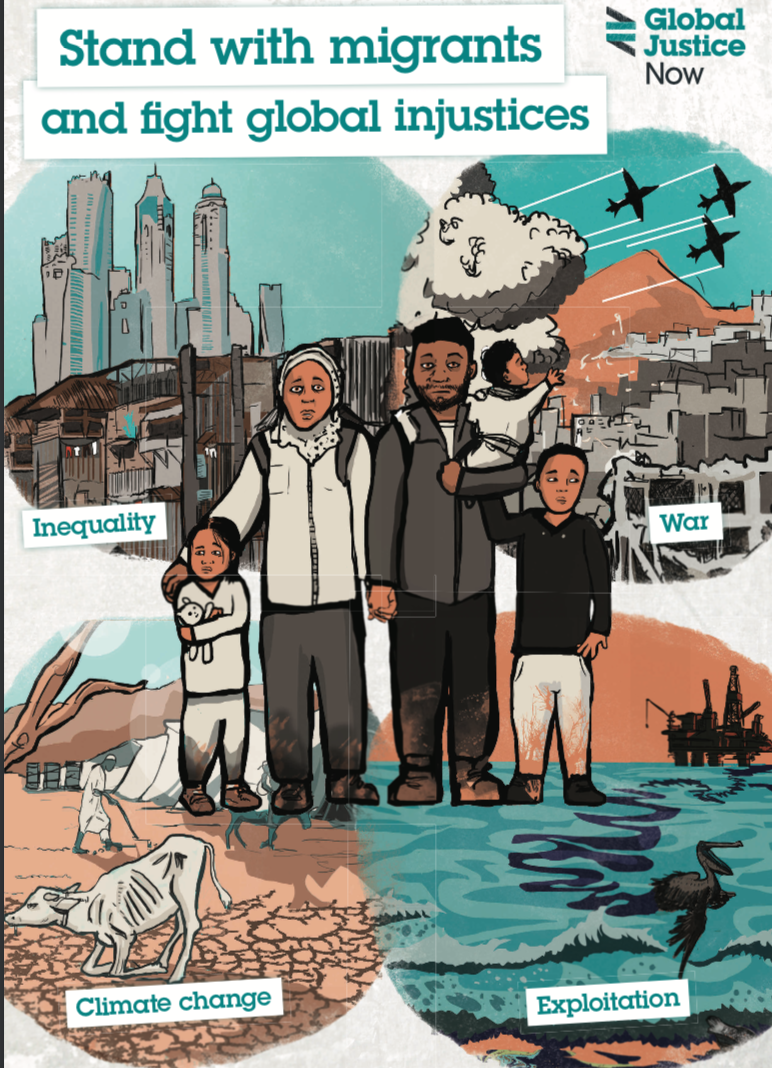 Migration
Migration

